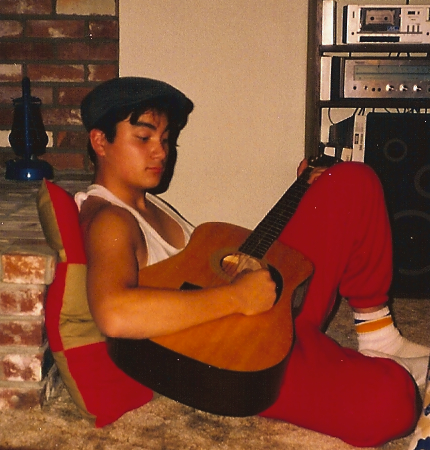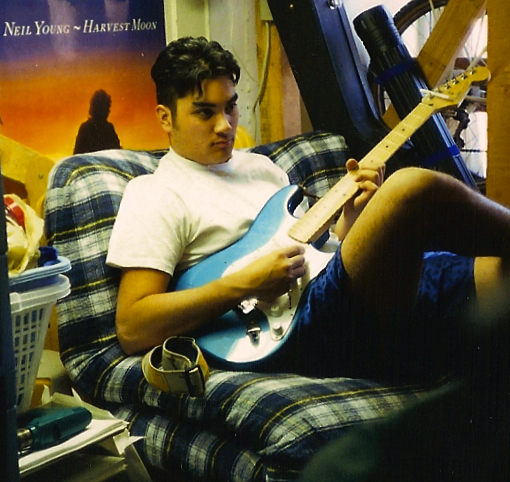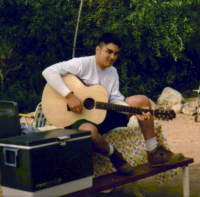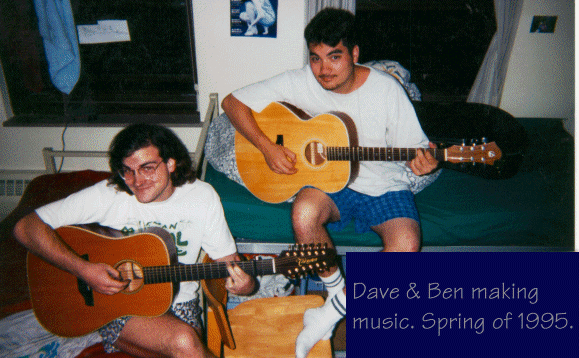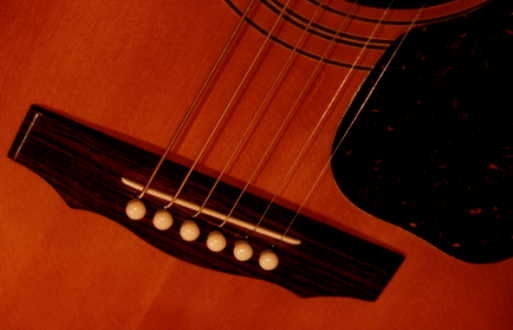Cavins tenor guitar - Part 1: What has 4 strings and reconnects me with David Cavins?
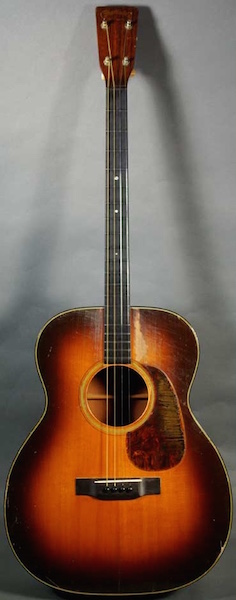 image from sprucetreemusic.comWhat’s next, when you have several 6-string guitars, a 12-string, a banjo, a mandolin, a ukulele, and a dobro? A tenor guitar, that’s what!
image from sprucetreemusic.comWhat’s next, when you have several 6-string guitars, a 12-string, a banjo, a mandolin, a ukulele, and a dobro? A tenor guitar, that’s what!
A tenor guitar is an instrument that was popular nearly 100 years ago (read more here). It’s essentially a 4-string, short-scale guitar, although it’s often tuned to CGDA (low to high), like a viola/mandola, or to GDAE (low to high) like an octave mandolin, but, of course, with four instead of eight strings. Admittedly, I’m brand new to the tenor world, but I’m intrigued and think there’s a lot of fun to be had playing one.
Why would one want a tenor guitar? For variety, of course! Chords will sound different, rhythm playing will be punchier, and you'll approach melodies differently than when playing a standard 6-string guitar. It’s good for my brain to figure out how to maneuver around different fretboards, and it will provide a new sound when playing with other people.
The usual suspects (i.e., Martin and Gibson on the high end, and lots of budget brands) built tenors back in the day, and a few contemporary builders (e.g., Collings) are doing them now. But since a tenor is totally new to me, and I don’t have any preconceptions of what one is supposed to be like, I figured it was time to venture away from factory instruments and work with a luthier on a custom build.
I met David Cavins just over 20 years ago, when we moved into the same dorm at Grinnell College. For the next two years, until I graduated, we ran in the same circles, playing music together, and cooking hot-as-can-be midwest-inspired Mexican food (potato and corn enchildas...yum!). David had an enthusiasm for everything he did, with an approach that always struck a balance between the analytical/scientific and artistic/aesthetic. He was (and is) one of the most thoughtful, open, and genuine people I've ever met, and he introduced me to Americana music, which has stayed with me to this day. However, once I went off to grad school and got immersed in my studies and subsequent career we lost touch, although I thought of him often.
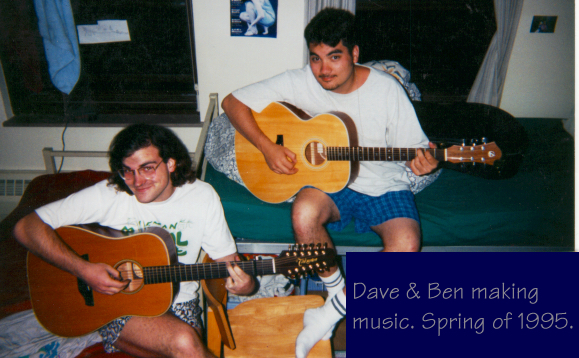
In December of 2011 we reconnected, after David found my blog about the guitar building class I took at Vermont Instruments School of Lutherie. I was excited to be back in touch with him, and was especially thrilled to learn that he also had developed an interest in guitar building. However, while I'm a chroinc dabbler in things, David goes all in, and he was in the midst of setting up shop and developing his line of Cavins Guitars.
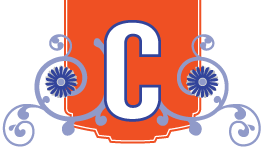 For the next few years we’d shoot email or tweets back and forth whenever we saw interesting articles about guitar building. But about a month ago, as I was thinking about tenor guitars, I asked David if he’d be willing to build one for me, and he agreed. What will follow over the next couple of months is a series of posts that will chronicle the build, from my end. This is going to be a fun project, and I can’t imagine doing it with anyone else but David.
For the next few years we’d shoot email or tweets back and forth whenever we saw interesting articles about guitar building. But about a month ago, as I was thinking about tenor guitars, I asked David if he’d be willing to build one for me, and he agreed. What will follow over the next couple of months is a series of posts that will chronicle the build, from my end. This is going to be a fun project, and I can’t imagine doing it with anyone else but David.
 Monday, October 20, 2014 |
Monday, October 20, 2014 |  Post a Comment | tagged
Post a Comment | tagged  david cavins,
david cavins,  grinnell,
grinnell,  guitar,
guitar,  lutherie,
lutherie,  tenor guitar
tenor guitar 


